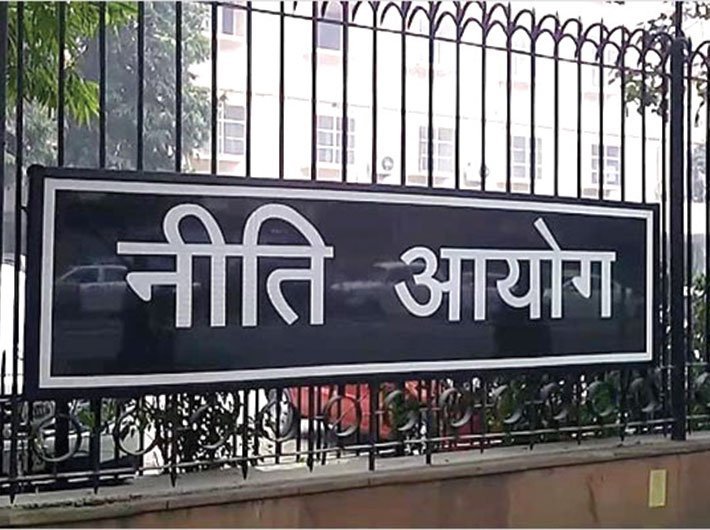Since air pollution has significant negative impact on health of population and as a negative externality of economic activity, it requires corrective action by government
Niti Aayog had come up with suggestions on how to tackle air pollution, much before smog smothered Delhi and its neighbouring states. However, the recommendations were not implemented.
The three year action agenda noted that air pollution is a serious problem in most of India and has reached crisis levels in Northern India.
“This is most publicised in Delhi, but it is also widespread in many other cities. As many as 10 of the top 20 most polluted cities in the world are in India, with nearly all in northern and North-Western India . Since air pollution has significant negative impacts on the health and well-being of the population and as a negative externality of economic activity, it requires corrective action by the government,” it said.
The major sources of air pollution are coal power plants, brick kilns, vehicles, cooking and heating fires which burn biomass, rubbish burning, the burning of crop residue in some seasons, and dust from construction, roads, and fallow fields. Air pollution can be considerably reduced within three years.
The action agenda observed that a very large contributor to air pollution in early winter in north India is residue burning of the rice crop. Productivity of the wheat crop depends on early planting after rice is harvested. So farmers burn residue in order to prepare the field quickly despite the resulting pollution.
The Happy Seeder, a machine developed by Commonwealth Scientific and Industrial Research Organisation (CSIRO Australia) and Punjab Agricultural University, allows planting of wheat through the residue. It was introduced about five years ago. It has been shown to reduce field preparation costs marginally and maintain yields and profits of wheat, which has led some farmers to adopt it.
Niti Aayog said that the penetration of LPG in households would increase under the Pradhan Mantri Ujjwala Yojana (PMUY) as 50 million LPG connections would be distributed to BPL families by 2019.
It sought installation of flue gas de-sulphurizers on all coal power plants in or close to densely populated areas except those less than 5 MW capacity and those older than 25 years by 2020. The older power plants should be shut down and retired in a phased manner. This will cut emissions of Sulphur Dioxide (SO2) gas that becomes sulphate particles in the atmosphere.
Calling for reduction of pollution from brick kilns, the document said that upgradation of Fixed Chimney Bull’s Trench Kiln to cleaner technologies like Zig Zag kiln should be promoted through awareness of their higher efficiency and profitability and easy credit for upgradation.
Niti Aayog went on to say that a number of complementary steps may be taken. First, making public transportation faster and more comfortable will discourage the use of private vehicles. Metro or bus based rapid transit systems connecting suburbs and the city centre and a dense in-city transport system will go some distance towards achieving this objective.
Second, replacement of vehicles from petrol and diesel to CNG can be effective in bringing down emissions. In the longer run, with the electric battery costs predicted to come down in the next decade, a shift to electric vehicles may become feasible as well.
Third, infrastructure improvements, which allow vehicles traveling long distances to bypass the cities on the way without entering cities would help cut emissions.
Fourth, higher taxes on petrol in and around more polluted cities would encourage commuters to share cars and take public transportation. Higher parking fees and park and ride facilities will have similar effects.
Finally, we need to enforce existing traffic laws with greater force. When vehicles do not stay in the lanes and try to pass other vehicles by frequent changes in lanes, they cause traffic jams and delays. The result is idling of vehicles for much longer than necessary. Enforcing traffic laws will alleviate the problem, the Niti Aayog said.
